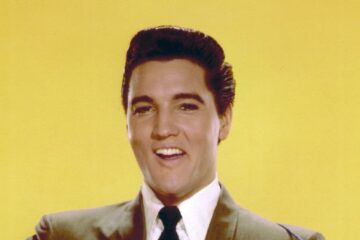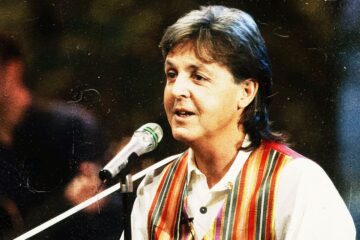It is difficult to think of any group that has been as universally loved as The Beatles. From their pop-centric period during the early 1960s to the spaced-out psychedelia of records like Revolver and Sgt. Pepper’s Lonely Hearts Club Band, there is truly something for everybody within the discography of the group. Part of that wide-reaching appeal came from the personable nature of the band members. Unlike The Rolling Stones, The Beatles were never out to deliberately shock or offend audiences.
That is not to say, of course, that the Fab Four were without their controversies. Audiences in America were particularly dismayed after John Lennon claimed the group were “more popular than Jesus” during a 1966 interview. Other than evangelical Christians and anti-drug activists, however, The Beatles managed to operate under a relatively low level of controversy throughout their illustrious time together.
After the band finally split up in 1970, with each member pursuing respective solo careers, the opportunity for controversy seemed to increase somewhat. However, if you were to select one Beatle as being the least likely to upset people, it would probably be Paul McCartney. Macca always seemed to be the most middle-of-the-road, inoffensive member of the group, so surely, his solo career would only accentuate that reputation.
In actuality, McCartney’s solo work seemed to attract more controversy than all his former bandmates combined. Not only did the bassist face multiple arrests for drug possession, most notably in Japan during the 1980s, but some of his music seemed to be deliberately controversial too. The 1972 single ‘Give Ireland Back To The Irish’, for example, was banned by the BBC, who condemned the track as being pro-IRA. However, the backlash McCartney received never seemed to worry him too much.
Throughout his career, the Beatle marched to the beat of his own drum, and that certainly continued into his solo career. One of the songwriter’s most controversial moments came during the 1990s, during the recording of Off the Ground. Much of the album was constructed during a trip to Tokyo, which resulted in some uncharacteristic compositions.
“It was hard re-visiting Tokyo after my drugs bust,” McCartney once recalled, “While I was there I wrote ‘Big Boys Bickering’.”
The song, released as a B-side to ‘Hope of Deliverance’, caused quite a stir upon its release, as it featured the beloved Beatle using a rare expletive. “For the first time in a song,” he said, “I used the word ‘fucking’, which I knew would upset some people.” Despite the controversy caused, McCartney was quick to justify the choice, arguing, “When you think of the ozone layer being depleted, a 50-mile hole over the world that’s going to kill us if we don’t do something, and then you think of what happened at the Rio summit, do you think of that as a ‘flipping hole’ or a ‘fucking hole’?”
Although the song failed to make much of an impact outside of its expletive notability, McCartney certainly does not regret writing it. “I’m proud of it,” he once shared. “I’m not a teenybopper. I’m an artist. I’ve written serious stuff before, and I’m writing it now. You don’t like it, don’t buy it.” Seemingly, McCartney has more of a punk edge than originally thought.



